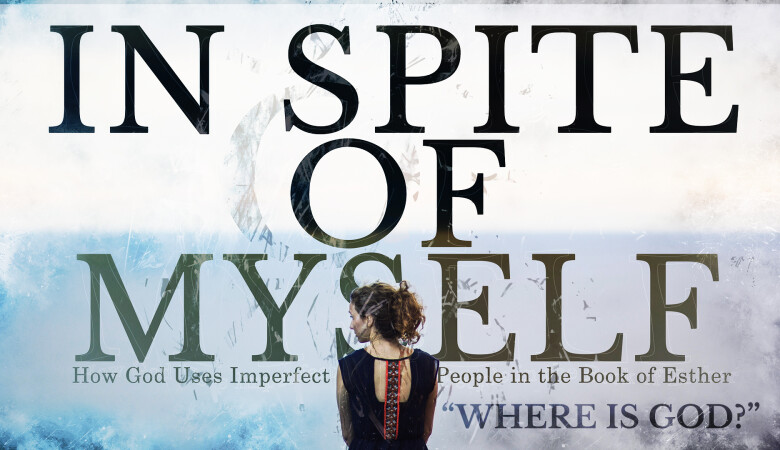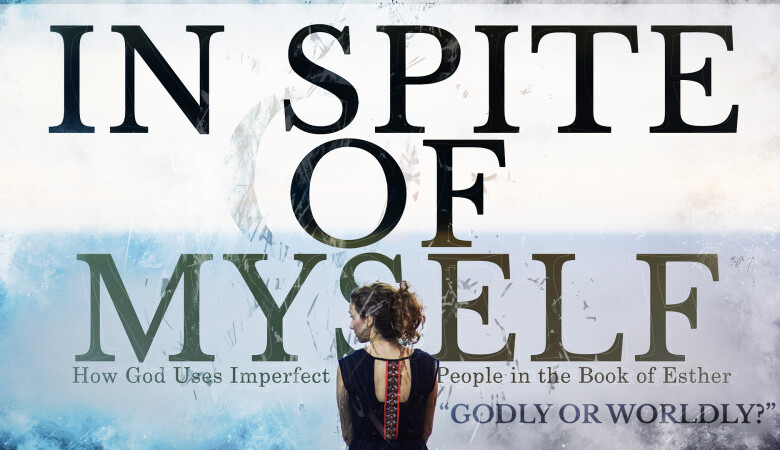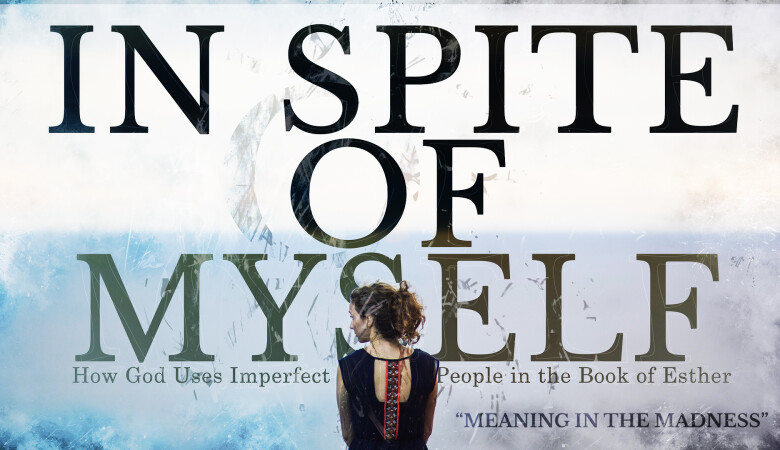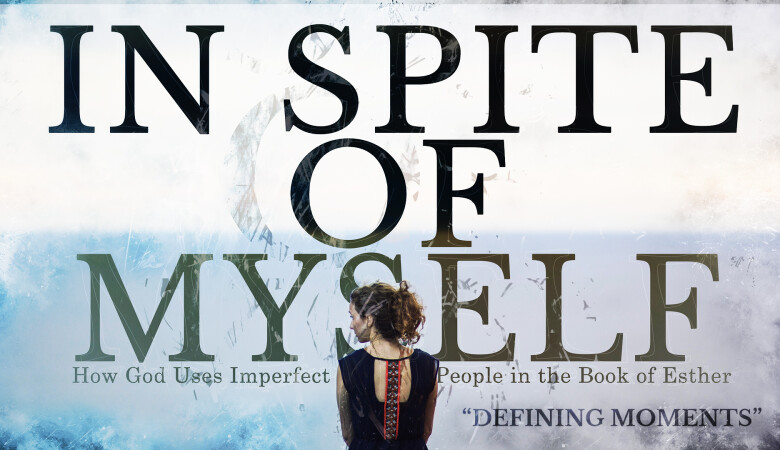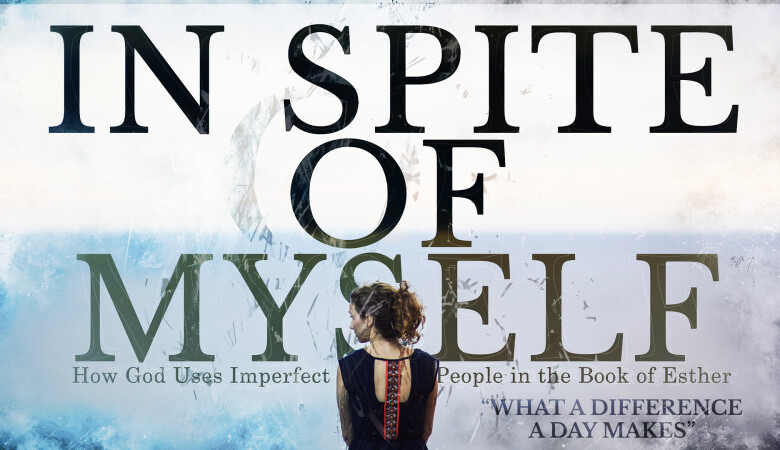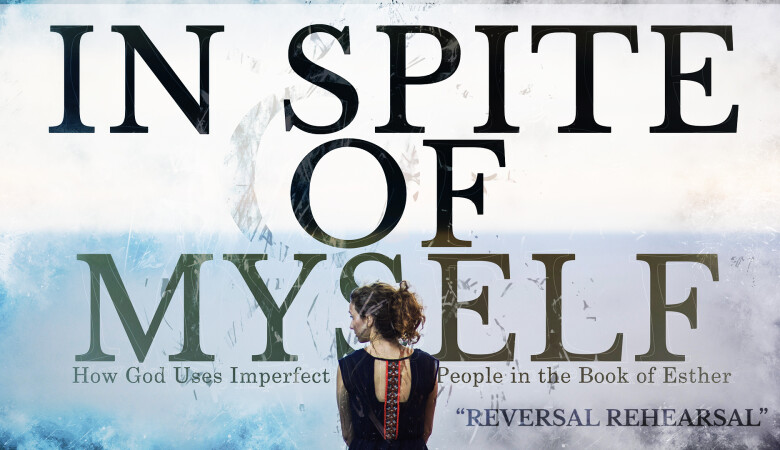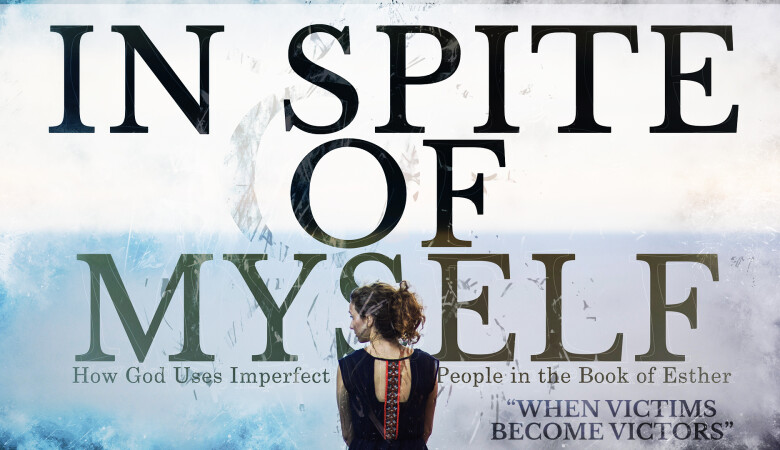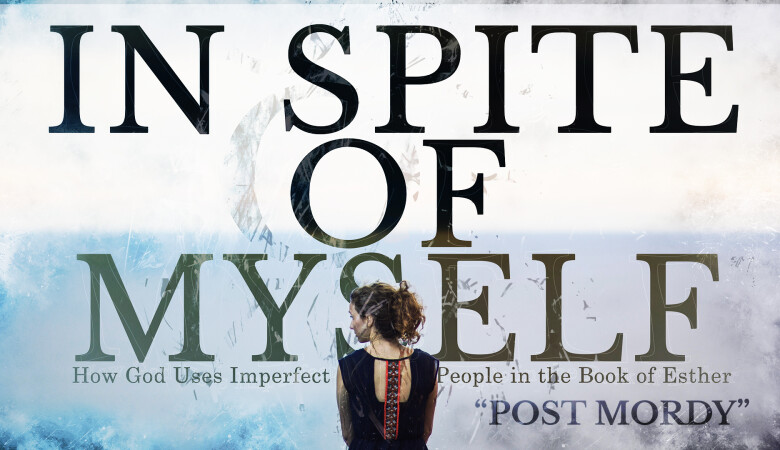Series: In Spite of Myself
The Reversal of Choice
May 21, 2017 | Bob Kerrey
Passage: Esther 5:1-6:14
Big Idea: Both pride and humility will bring a reversal.
Esther 5-6 (ESV)
1 On the third day Esther put on her royal robes and stood in the inner court of the king's palace, in front of the king's quarters, while the king was sitting on his royal throne inside the throne room opposite the entrance to the palace. 2 And when the king saw Queen Esther standing in the court, she won favor in his sight, and he held out to Esther the golden scepter that was in his hand. Then Esther approached and touched the tip of the scepter. 3 And the king said to her, “What is it, Queen Esther? What is your request? It shall be given you, even to the half of my kingdom.” 4 And Esther said, “If it please the king, let the king and Haman come today to a feast that I have prepared for the king.” 5 Then the king said, “Bring Haman quickly, so that we may do as Esther has asked.” So the king and Haman came to the feast that Esther had prepared. 6 And as they were drinking wine after the feast, the king said to Esther, “What is your wish? It shall be granted you. And what is your request? Even to the half of my kingdom, it shall be fulfilled.” 7 Then Esther answered, “My wish and my request is: 8 If I have found favor in the sight of the king, and if it please the king to grant my wish and fulfill my request, let the king and Haman come to the feast that I will prepare for them, and tomorrow I will do as the king has said.”
9 And Haman went out that day joyful and glad of heart. But when Haman saw Mordecai in the king's gate, that he neither rose nor trembled before him, he was filled with wrath against Mordecai. 10 Nevertheless, Haman restrained himself and went home, and he sent and brought his friends and his wife Zeresh. 11 And Haman recounted to them the splendor of his riches, the number of his sons, all the promotions with which the king had honored him, and how he had advanced him above the officials and the servants of the king. 12 Then Haman said, “Even Queen Esther let no one but me come with the king to the feast she prepared. And tomorrow also I am invited by her together with the king. 13 Yet all this is worth nothing to me, so long as I see Mordecai the Jew sitting at the king's gate.”14 Then his wife Zeresh and all his friends said to him, “Let a gallows fifty cubitshigh be made, and in the morning tell the king to have Mordecai hanged upon it. Then go joyfully with the king to the feast.” This idea pleased Haman, and he had the gallows made.
Chapter 6
1 On that night the king could not sleep. And he gave orders to bring the book of memorable deeds, the chronicles, and they were read before the king. 2 And it was found written how Mordecai had told about Bigthana and Teresh, two of the king's eunuchs, who guarded the threshold, and who had sought to lay hands on King Ahasuerus. 3 And the king said, “What honor or distinction has been bestowed on Mordecai for this?” The king's young men who attended him said, “Nothing has been done for him.” 4 And the king said, “Who is in the court?” Now Haman had just entered the outer court of the king's palace to speak to the king about having Mordecai hanged on the gallows that he had prepared for him. 5 And the king's young men told him, “Haman is there, standing in the court.” And the king said, “Let him come in.” 6 So Haman came in, and the king said to him, “What should be done to the man whom the king delights to honor?” And Haman said to himself, “Whom would the king delight to honor more than me?” 7 And Haman said to the king, “For the man whom the king delights to honor, 8 let royal robes be brought, which the king has worn, and the horse that the king has ridden, and on whose head a royal crown is set. 9 And let the robes and the horse be handed over to one of the king's most noble officials. Let them dress the man whom the king delights to honor, and let them lead him on the horse through the square of the city, proclaiming before him: ‘Thus shall it be done to the man whom the king delights to honor.’” 10 Then the king said to Haman, “Hurry; take the robes and the horse, as you have said, and do so to Mordecai the Jew, who sits at the king's gate. Leave out nothing that you have mentioned.” 11 So Haman took the robes and the horse, and he dressed Mordecai and led him through the square of the city, proclaiming before him, “Thus shall it be done to the man whom the king delights to honor.”
12 Then Mordecai returned to the king's gate. But Haman hurried to his house, mourning and with his head covered. 13 And Haman told his wife Zeresh and all his friends everything that had happened to him. Then his wise men and his wife Zeresh said to him, “If Mordecai, before whom you have begun to fall, is of the Jewish people, you will not overcome him but will surely fall before him.”
14 While they were yet talking with him, the king's eunuchs arrived and hurried to bring Haman to the feast that Esther had prepared.
Series Information
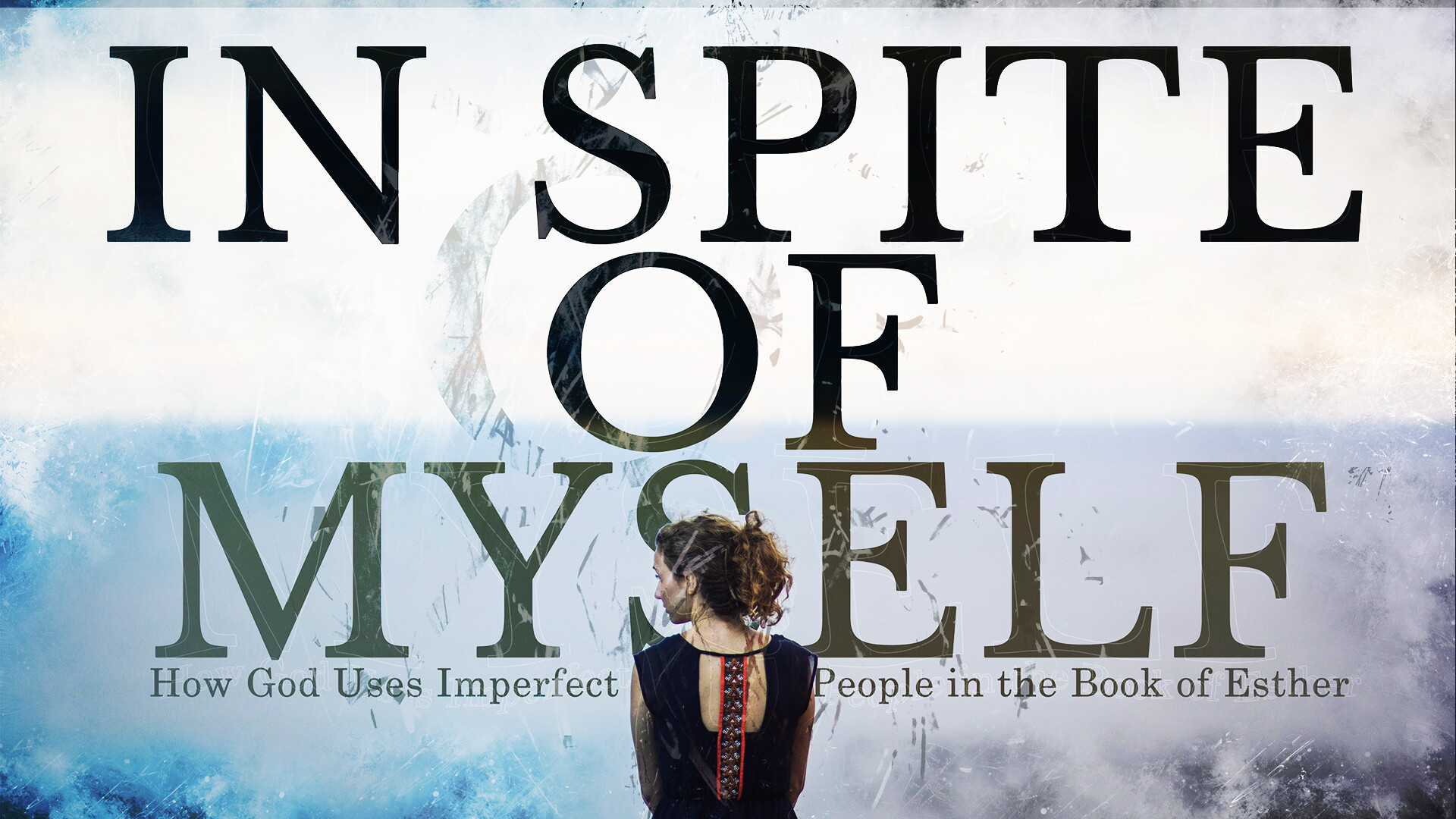
The book of Esther recounts a story that is intriguing. And strange. It's a story that makes preachers squirm. God is never mentioned. Not once. And nobody prays. On the holiness-to-hot-mess continuum, the main character, Esther, is more on the hot mess side. She's a morally questionable beauty contestant who hides her Jewish identity and spends the night with a pagan king to whom she is not married. And when she gets some power, she uses it to exact revenge on her enemies.
In Christian circles, there seems to be a tendency to cast Esther in the mold of a hero, ignoring the questionable material and focusing instead on the more laudable and preachable phrases, like "for such a time as this" or "If I perish, I perish." To be sure, God does use Esther in wonderful, history-making ways, but to be honest, she doesn't quite fit the hero mold. And that's good news for most of us. Because we don't either. Join us as we study through the book of Esther.

